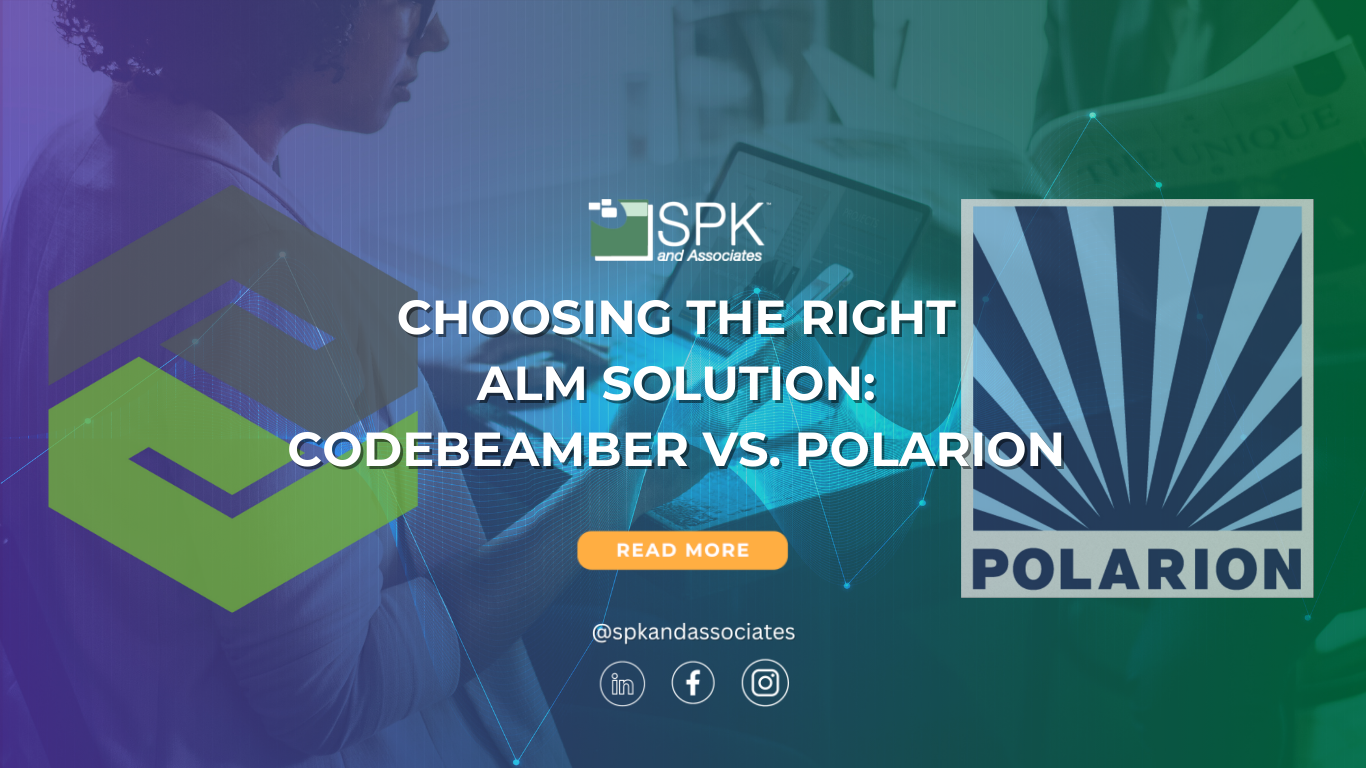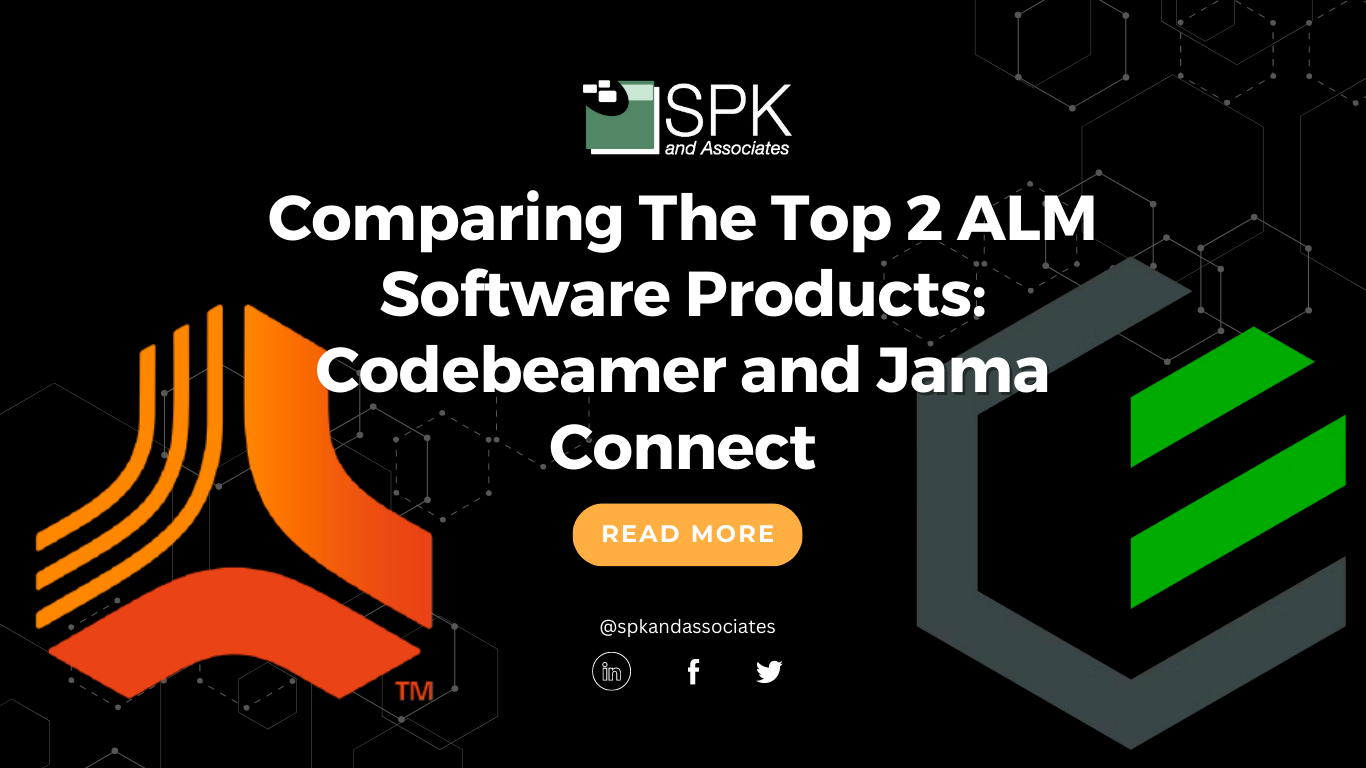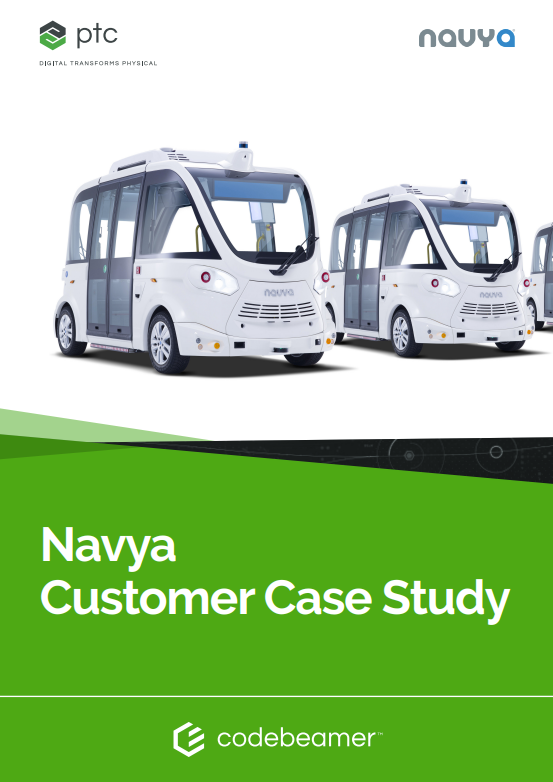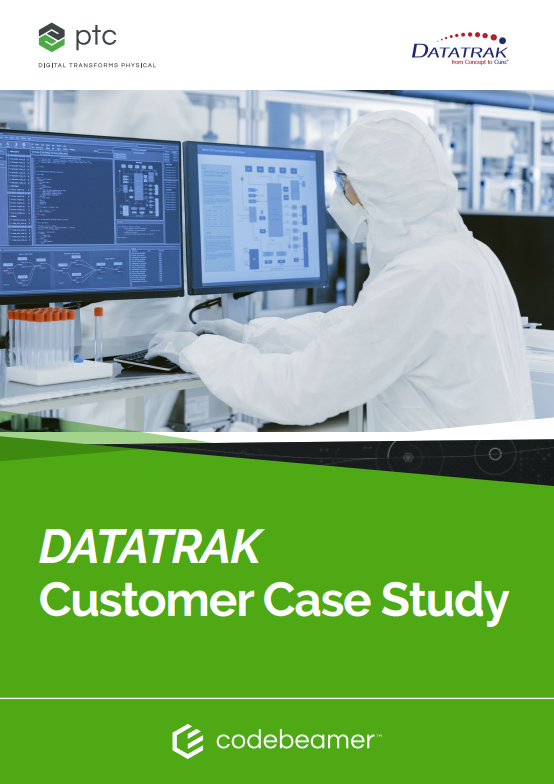Application Lifecycle Management (ALM) tools are the difference between streamlining development processes, maintaining regulatory compliance, and enhancing collaboration….or falling flat on your face. There are plenty of ALM solutions out there that boast they will fix your current challenges. But, moving to a new ALM can be a time consuming task. So, it’s best to only do it once you know the ALM will flex with you for the long-haul. In this comparison blog post, we’re comparing Codebeamer vs Polarion to see which comes out on top.
Codebeamer vs Polarion Overview
Speed and precision matter more than ever. That means, the choice of an ALM solution can significantly impact your software development outcomes. The best ALM will improve:
- Efficiency: Streamlined development processes lead to faster software delivery.
- Collaboration: Enhanced collaboration results in improved productivity and product quality.
- Compliance: Regulatory compliance reduces the risk of costly setbacks and complications.
- Transparency: Project transparency facilitates better decision-making.
- Quality: Improved product quality translates to higher customer satisfaction.
- Innovation: Bottlenecks are reduced, fostering innovation and improving application quality.
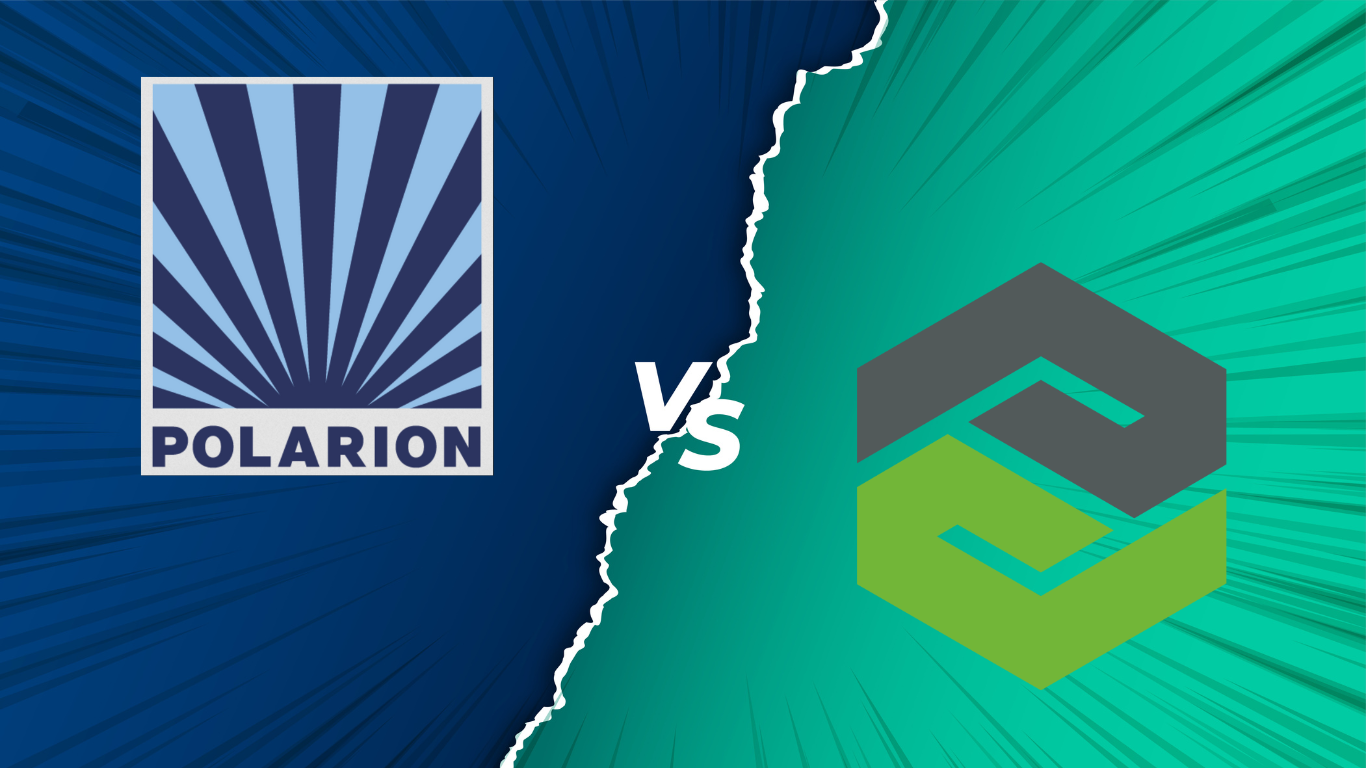
Do you have a bad ALM or just poor requirements management?
Here’s a quick overview of the key features and benefits for Codebeamer vs Polarion:

How To Choose The Right ALM Solutions
Choosing between Codebeamer and Polarion should align with your specific needs, industry, and compliance requirements. Ultimately, the right decision depends on your business needs, budget and long-term goals.
However, in our expert opinion, Codebeamer definitely has the edge. It’s one of the reasons we continue to work with PTC Codebeamer and recommend it to our clients.
For example, Codebeamer offers a range of advantages, including templates, an advanced user interface, extensive configuration options, and powerful branching capabilities. If you value efficiency, traceability, and customization whilst having guardrails in place to support your compliance objectives, Codebeamer is a strong contender.
Codebeamer, tailored for regulated industries like Medical Devices, simplifies product engineering for high-quality manufacturing. These open systems offer adaptable workflow templates, enhancing speed, cost-efficiency, and product quality. CodeBeamer serves as a global leader and innovator across various industrial sectors. For example, Automotive, Aerospace, and Medical Devices. Additionally, it’s a web-based ALM platform compatible with AWS, Azure, and Docker. Lastly, Codebeamer integrates well with other applications. Take this example of how it integrates with Jira.
Want To See Codebeamer In Action?
We’ve wrapped up a few case studies from clients to showcase how Codebeamer ALM solved their needs:
And to ensure you are fully-equipped to make the right decision, here are a few other helpful articles.
- Learn the full benefits of Codebeamer in under 5 minutes
- Codebeamer licensing information
- Codebeamer hosting plans
And of course, you can contact us for a free demo and to chat through any questions you might have too.
At SPK, we specialize in helping businesses accelerate and improve their ALM processes. Whether you choose Codebeamer or Polarion, we’re here to assist you in achieving your ALM goals.


